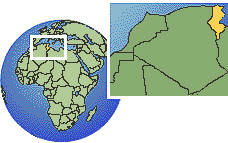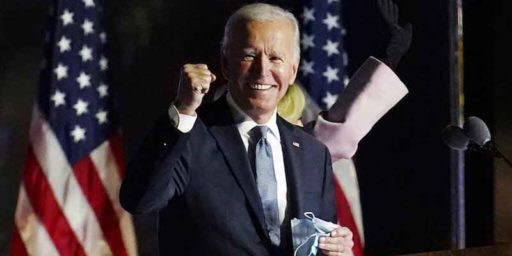A New Constitution for Tunisia
An update on Tunisia.
Via the BBC: Tunisia president Fouad Mebazaa calls election
Tunisia’s interim president Fouad Mebazaa has announced details of new elections promised after the overthrow of President Zine al-Abidine Ben Ali.
Mr Mebazaa said voting for a council of representatives to rewrite the constitution would be held by 24 July.
He said a new interim government would run the country until then.
[…]
Once elected, the constitutional council could either appoint a new government or ask the current executive to carry on until presidential or parliamentary elections are held, Reuters news agency said.
This is a good sign for a real transition in Tunisia, assuming that the process is free, fair and transparent. By elected a constituent assembly rather than imposing a new constitution, the likelihood is much higher that multiple interests will be represented in the construction of the document and, therefore, allow for a hopefully more democratic outcome rather than one that protects specific political enclaves.
Granted, the nature of the process to select this council, as well how it actually functions will matter greatly in terms of the quality of the transition.
A current hitch in the process is the fact that the current constitution only allow for a 60-day caretaker president, and time is up:
The political confusion has been compounded by the constitutional provision limiting a caretaker president to 60 days in office, he adds.
Mr Mebazaa has argued that, since the current constitution no longer has any credibility, he will stay in office beyond the limit.
In his speech, he said the constitution “no longer reflects the aspirations of the people after the revolution”.
The president must now wait and see if his new plans will spark more protests or receive broad support, our correspondent says.







Good to see
Tattooine threw out the Hutts for goodthe Tunisians are making good progress.(Sorry, with all the grim news, a little humor is nice since in Tunisia there has been no violence)
If this continues to go well it could serve as a model for the other aspiring democracies in the region. Let’s hope the leaders think long term and for the good of the country.